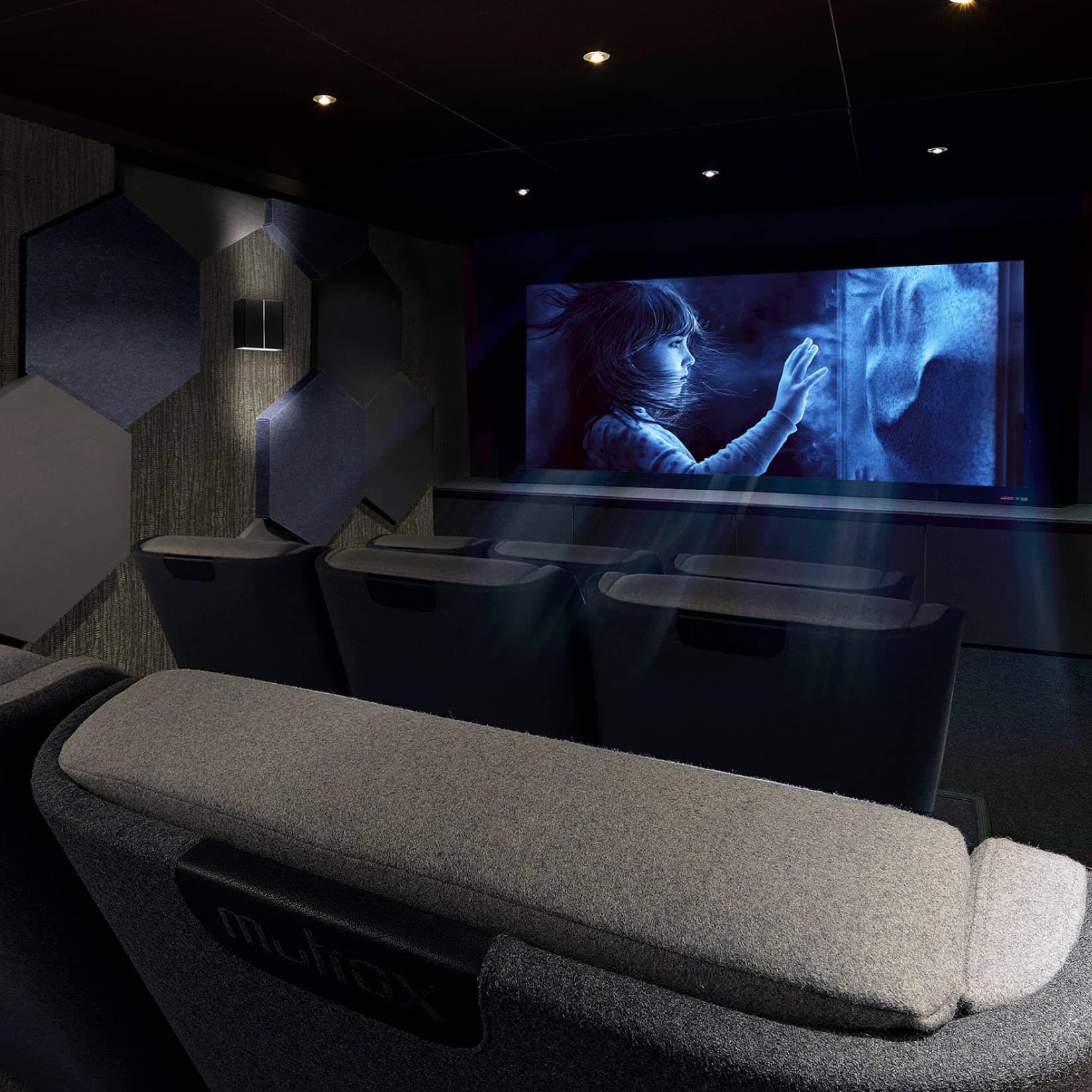
Read More

The debate between choosing a TV or a projector for your home entertainment system is a long-standing one. Both options have their merits and drawbacks, and the choice often boils down to personal preferences and specific needs. While TVs are generally easier to set up and offer more consistent image quality, projectors provide the flexibility of a larger screen size and a more cinematic experience. The question isn't just about which is better overall, but which is better for you.

Understanding the pros and cons of each option is crucial for making an informed decision. For instance, if you're someone who enjoys hosting movie nights or wants a theater-like experience, a projector might be the way to go. On the other hand, if you're looking for a straightforward, high-quality viewing experience without the hassle of complex setups, a TV could be more suitable.
| Criteria | TV | Projector |
|---|---|---|
| Screen Size | - Fixed size - Larger sizes are significantly more expensive | - Flexible image sizes - Can project much larger images without a dramatic price increase |
| Room Setup | - Easier to set up - Permanent footprint in the room | - More complex setup - Portable and flexible room placement |
| Image Quality | - Consistent quality - Advanced features like 4K and HDR are common - Less affected by ambient light | - Quality varies based on setup and environment - High-end features like 4K are less common - More affected by ambient light |
| Gaming | - Lower input lag, better for fast-paced gaming - Advanced features more readily available | - Generally higher input lag, not ideal for fast-paced gaming - Advanced features less common |
| Audio | - Built-in speakers are generally better - Easier to set up external audio systems | - Built-in speakers are usually weaker - May require a separate audio setup |
| Portability | - Generally not portable - Requires a dedicated space | - More portable options available - Easier to move and set up in different locations |
| Maintenance | - Longer-lasting with less maintenance - No bulbs to replace | - May require bulb replacements - More frequent adjustments may be needed |
| Cost | - Generally more affordable at smaller sizes - Price increases significantly for larger sizes | - Initial cost can be higher, but offers larger sizes without a huge price jump - Additional costs for screens and audio systems may apply |
| Flexibility | - Limited to the size and features you initially choose | - More flexible in terms of size and placement - Can be used for various types of presentations beyond just watching TV shows or movies |
When it comes to screen size, TVs have a fixed dimension that you commit to at the time of purchase. The size you choose is the size you're stuck with until you decide to buy a new TV. While TVs have been getting bigger and thinner, there's a practical limit to how large they can get. For most consumers, a 75-inch TV is about as large as can reasonably be afforded or accommodated in a typical living room setting. Even if you have the space for something larger, you'll find that the price increases exponentially as you go up in size. The jump from a 55-inch to a 75-inch TV of the same model can be substantial, often doubling the price or more.
Projectors, on the other hand, offer a level of flexibility that TVs can't match when it comes to screen size. With a projector, the size of the image can be adjusted to fit your room and your viewing preferences. Want a 30-inch screen for a small gathering? You got it. How about ramping it up to a 100-inch or even a 300-inch display for a movie night under the stars? No problem. This flexibility allows you to tailor your viewing experience to different situations, something a TV simply can't do.
Now, let's talk money. If you're in the market for a large screen, say something in the range of 75 inches or more, you'll quickly realize that the cost of a TV can skyrocket. High-end models from reputable brands can easily cost several thousand dollars. And if you're eyeing those ultra-premium 8K models, be prepared to shell out the price of a used car.
Projectors offer a more budget-friendly route to achieving a large screen size. While it's true that high-end projectors can also be expensive, you generally get more screen real estate for your buck. For the price of a 75-inch TV, you could get a quality projector capable of producing a 100-inch or larger image. Plus, the cost of a decent projector screen is usually far less than the price difference between large and small TVs.
However, it's essential to consider the total cost of ownership. Projectors may require additional accessories like a screen, an audio system, and possibly replacement bulbs, depending on the type of projector. But even with these additional costs, you're likely to spend less for a much larger image size compared to a TV.
In summary, if screen size and pricing are significant factors in your decision-making process, projectors offer a compelling case. They provide the flexibility to adjust the screen size according to your needs and are generally more cost-effective for larger displays. TVs, while offering ease of setup and consistent quality, come with size limitations and a higher price tag for larger models. So, if you're someone who values a cinematic experience and wants the biggest bang for your buck, a projector might just be the ticket.
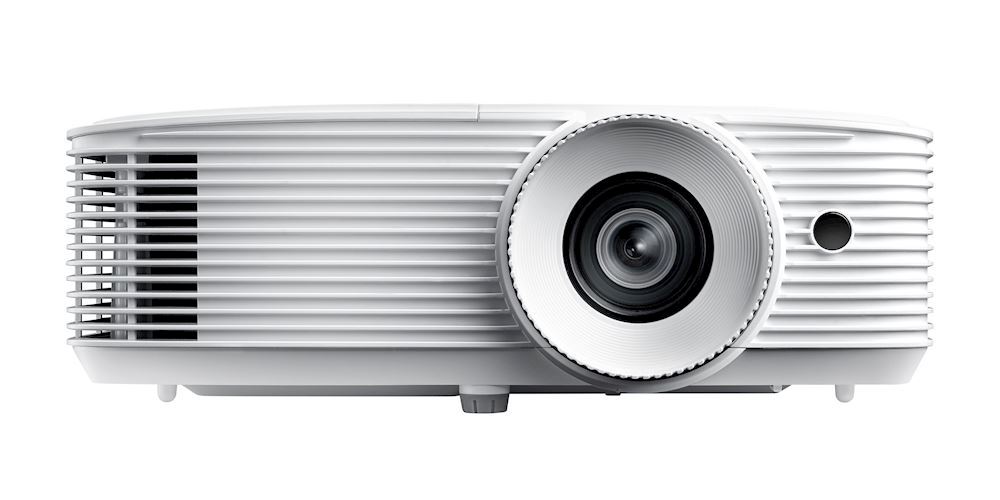
Setting up a TV is generally a straightforward affair. Once you've decided where it's going to go, it's mostly a matter of unboxing, maybe attaching a stand or mounting it on the wall, and plugging it in. Modern smart TVs usually come with a guided setup process that walks you through connecting to Wi-Fi, signing into accounts, and other initial settings. If you're adding a soundbar or external speakers, the process is usually plug-and-play. All in all, you could be up and running in less than an hour.
Projectors, however, are a different beast. The setup can be more complex and time-consuming, especially if you're particular about optimizing image quality. You'll need to consider the distance between the projector and the screen or wall, as this will affect the size of the image. You'll also need to align the projector perfectly to avoid any keystone distortion (where the image is wider at one end than the other). Many modern projectors come with features like zoom, focus, and lens shift to help with this, but it still requires careful adjustment.
Then there's the screen. While you can project onto a white wall, for optimal image quality, you might want to invest in a projector screen. This means you'll need to set that up too, which could involve mounting it on a wall or ceiling.
TVs, once set up, become a permanent fixture in your room. They command a certain amount of real estate and dictate the layout of your furniture to some extent. Whether it's placed on a stand or mounted on the wall, a TV is generally not something you'll be moving around frequently. It's there, and everything else in the room kind of has to work around it.
Projectors offer more flexibility in this regard. Many are small enough to be portable, allowing you to stow them away when not in use. This is particularly useful if you're tight on space or if you like to use your living area for different activities. Even if you go for a more permanent setup with a ceiling-mounted projector and a pull-down screen, you have the option to "disappear" the equipment when it's not in use. The screen can retract, and the projector is out of the way on the ceiling, freeing up your living space for other uses.
However, it's worth noting that a projector's flexibility can also be a double-edged sword. Because they can be moved, they often are, and each time you move a projector, you'll likely need to spend time setting it up again to get the perfect image.
When it comes to room setup and installation, TVs and projectors offer different experiences that cater to different needs and preferences. If you value ease and simplicity, a TV is the way to go. It's a set-it-and-forget-it solution that becomes a permanent part of your room's layout. On the other hand, if you prefer flexibility and the option to reclaim your living space when you're not watching anything, a projector is a more fitting choice. Just be prepared to invest more time and effort in the setup process. So, what's more your speed— the straightforward permanence of a TV or the adaptable versatility of a projector?

When it comes to image quality, both TVs and projectors have their own sets of variables that can either enhance or detract from the viewing experience.
TVs:Other technologies like Dolby Vision for enhanced color and dynamic metadata, or HFR (High Frame Rate) for smoother motion, are also making their way into both TVs and projectors, further enhancing image quality.
In the end, both TVs and projectors offer compelling options for high-quality images, but they come with their own sets of considerations. TVs generally provide a more consistent and hassle-free experience, bolstered by mature technologies like 4K and HDR. Projectors offer the allure of a cinematic experience, but achieving optimal image quality can be more challenging, requiring a controlled environment and more expensive equipment for the best results.
So, what's more important to you? The plug-and-play reliability of a TV, or the cinematic potential of a projector that might require a bit more finessing? The choice, as always, is yours.
Let's be honest, once you've set up a TV, especially a large one, it's probably going to stay put for a while. They're bulky, heavy, and not designed to be moved around frequently. Even smaller TVs, while easier to move, still require you to deal with cables, remotes, and possibly wall mounts or TV stands. If you're thinking about taking your TV to a friend's house for a game night or movie marathon, you might want to think again.
Projectors:Projectors, on the other hand, are often designed with portability in mind. Many models are small enough to fit into a backpack or carrying case and come with easy-to-use setups that can be assembled and disassembled in minutes. You'll still need to deal with some cables and possibly an external audio system, but the process is generally much less cumbersome than moving a TV.
One of the coolest use-cases for a portable projector is an outdoor movie night. Imagine projecting your favorite film on a big screen in your backyard. You can't do that with a TV—or at least, not easily.
Travel and Camping:If you're someone who loves the great outdoors but still wants to catch a game or watch a movie while camping, a portable projector is your best friend. Some even come with built-in batteries and speakers, making them truly portable entertainment units.
Business Presentations:If you're a professional who frequently gives presentations, a portable projector can be a game-changer. Instead of relying on whatever tech is available at your meeting location, you can bring your own trusted device.
Multi-Room Use:Maybe you have a small apartment and want to use your living room for different activities. A portable projector can easily be stowed away when not in use, freeing up space for other things.
Social Gatherings:Hosting a game day at your place? You can easily set up a projector in any room (or even outside) and not worry about moving a bulky TV. Once the event is over, you can pack it up and store it away.
When it comes to portability, projectors have a clear edge. They offer the flexibility to take your viewing experience to different locations, both inside and outside your home. TVs, while excellent for permanent setups, are more or less anchored to one spot. So, if the freedom to move is high on your list, a projector is the way to go. What do you think? Ready to take your entertainment on the road, or are you more of a homebody who prefers a fixed setup?
TVs are generally built to last. With advancements in technology, the lifespan of a modern TV can easily exceed 10 years, especially if you invest in a quality model from a reputable brand. Of course, this doesn't mean it will be technologically relevant for that long, but in terms of pure functionality, it's a solid long-term investment.
Projectors:Projectors have a more variable lifespan, largely dependent on the type of light source they use. Traditional lamp-based projectors might last around 2,000 to 5,000 hours before the bulb needs to be replaced. Newer models using LED or laser light sources claim to last up to 20,000 hours or more, which is comparable to the lifespan of a TV.
TVs:
TVs are pretty much a set-it-and-forget-it deal. Apart from occasional dusting and software updates, they require little to no maintenance. There are no additional costs like bulbs or filters to worry about. However, if something does go wrong outside of the warranty period, repairs can be expensive, sometimes making it more economical to simply buy a new TV.
Projectors:Projectors require a bit more TLC. Dust can accumulate on the lens or even inside the unit, affecting image quality. Some models have air filters that need regular cleaning or replacement. But the most significant maintenance cost is the bulb. For traditional lamp-based projectors, you might need to replace the bulb every couple of years, depending on usage. These bulbs can cost anywhere from $50 to $300. LED and laser projectors have longer-lasting light sources but are more expensive upfront.
When it comes to longevity and maintenance, TVs have the upper hand in being low-maintenance and generally longer-lasting. Projectors offer comparable lifespans, especially newer models, but come with additional maintenance tasks and potential costs.
So, what's your take? Are you okay with a bit of upkeep for the flexibility a projector offers, or do you prefer the peace of mind that comes with the durability and low maintenance of a TV?
Modern TVs often come with fairly decent built-in speakers that offer a range of audio options, from basic stereo to simulated surround sound. Some high-end models even feature Dolby Atmos support for a more immersive audio experience. While TV speakers have improved over the years, they're generally designed to be slim and unobtrusive, which can limit their audio performance. However, for casual viewing and smaller rooms, they often do the job just fine.
Projectors:Projectors are a different story. While many do come with built-in speakers, these are usually not as powerful or clear as those in a TV. They're fine for a quick presentation or casual viewing, but if you're looking for a cinematic experience, you'll likely be disappointed. The built-in audio is often considered more of a convenience feature than a primary audio solution.
TVs:

Setting up external audio for a TV is generally straightforward. Most modern TVs come with a variety of audio outputs, such as HDMI ARC, optical out, or even a simple headphone jack. This makes it easy to connect soundbars, home theater systems, or external speakers. Many soundbars also offer wireless connectivity options like Bluetooth or Wi-Fi, allowing for an even simpler setup. Once connected, you'll usually find audio settings on the TV to fine-tune your experience, like selecting the audio output and adjusting equalizer settings.
Projectors:
Projectors can be a bit more complicated when it comes to external audio. Not all projectors come with robust audio outputs, so you'll need to check the specs carefully. Some may offer a simple 3.5mm audio out, while others might provide more advanced options like HDMI ARC or Bluetooth. In some cases, you might need to source the audio directly from whatever device is supplying your video, like a Blu-ray player or streaming device. Once you've figured out your connections, you can hook up an external speaker system or soundbar to enhance the audio experience.
When it comes to audio, TVs generally offer a more straightforward and higher-quality built-in solution, making them suitable for plug-and-play use. Projectors, while lacking in built-in audio quality, offer the flexibility to create a more customized and potentially more powerful audio setup, albeit with a bit more effort involved.
So, are you the type who's content with good-enough built-in sound, or are you an audiophile who loves tinkering with external audio systems to get the perfect sonic experience? Your choice between a TV and a projector could hinge on that.
TVs:
Modern TVs are designed to perform well in a variety of lighting conditions. Features like anti-reflective coatings and high brightness levels help combat the effects of ambient light. However, even the best TVs can suffer from glare or washed-out colors when placed opposite a bright window or under strong overhead lights. While they're generally more forgiving than projectors, ambient light can still impact your viewing experience.
Projectors:
Projectors are much more sensitive to ambient light. A brightly lit room can severely wash out the image, making it look faded and lacking in contrast. This is particularly true for cheaper or lower-lumen projectors. Even the color of your walls can affect the color accuracy of the projected image. For optimal performance, projectors generally require a dark room.
Ambient conditions play a significant role in your viewing experience, whether you opt for a TV or a projector. While TVs are generally more forgiving, they're not immune to the effects of poor lighting. Projectors require more attention to ambient conditions but offer solutions like high-lumen models and specialized screens to mitigate these issues.
So, how much control do you have over your viewing environment? If you can create a dark, theater-like setting, a projector could offer a truly cinematic experience. If not, a TV might be the more practical choice. What's your take on this?
When it comes to gaming, TVs have traditionally held the upper hand. One of the key factors here is input lag, which is the delay between pressing a button on your controller and seeing the action happen on screen. Lower input lag is crucial for fast-paced games where every millisecond counts. Modern gaming TVs often have input lag as low as 10-20 milliseconds, making them ideal for everything from first-person shooters to fast-paced sports games.
TVs also often come with dedicated gaming modes that optimize the settings for quicker response times and smoother motion. Features like 120Hz refresh rates, HDMI 2.1 support for higher bandwidth, and even Variable Refresh Rate (VRR) are becoming more common in TVs, all aimed at providing a better gaming experience.
Projectors have historically lagged behind TVs in terms of gaming performance, mainly due to higher input lag. However, the gap is closing. Some of the latest gaming-focused projectors boast input lag times comparable to TVs, around the 16-25 millisecond range. While that's still not quite as low as the best gaming TVs, it's definitely in the realm of "good enough" for most gamers.
Projectors are also starting to incorporate gamer-friendly features. Some now offer high refresh rates, and a few even support VRR, which helps eliminate screen tearing. The large screen size that projectors offer can also make for a more immersive gaming experience, making them an increasingly attractive option for gamers.
If gaming is a priority, TVs still generally offer the best performance in terms of input lag and advanced gaming features. However, projectors are catching up, and for those who are willing to trade a few milliseconds of input lag for a much larger screen, they're becoming a viable option.
So, are you a competitive gamer where every millisecond counts, or are you more of a casual player who values screen size and immersion? Your gaming style could very well tip the scales in your TV vs. projector debate. What's your game plan?
So, what's it gonna be? A TV or a projector? Each has its own set of pros and cons, and the best choice really depends on your specific needs and lifestyle. Happy viewing!

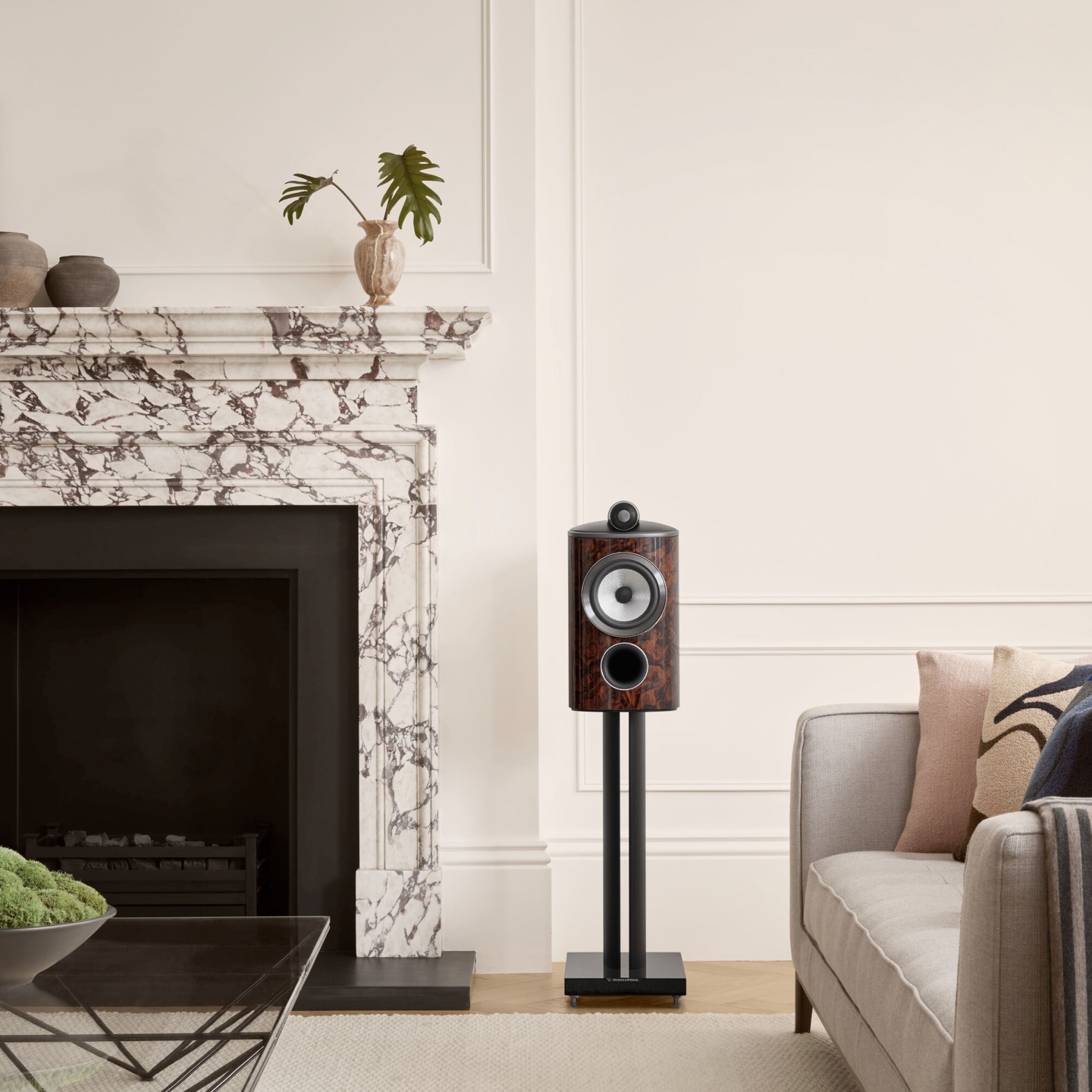
Looking for the best stereo setup and music listening room design in Gurgaon? We offer luxury stereo room setup with acoustic treatments, audio-visual integration, custom furnishings for sound absorption, and expert consultants for whole-home audio distribution. Our experienced listening room designers will create your ideal music enjoyment space with end-to-end stereo room installation services in Gurgaon. Contact us today!
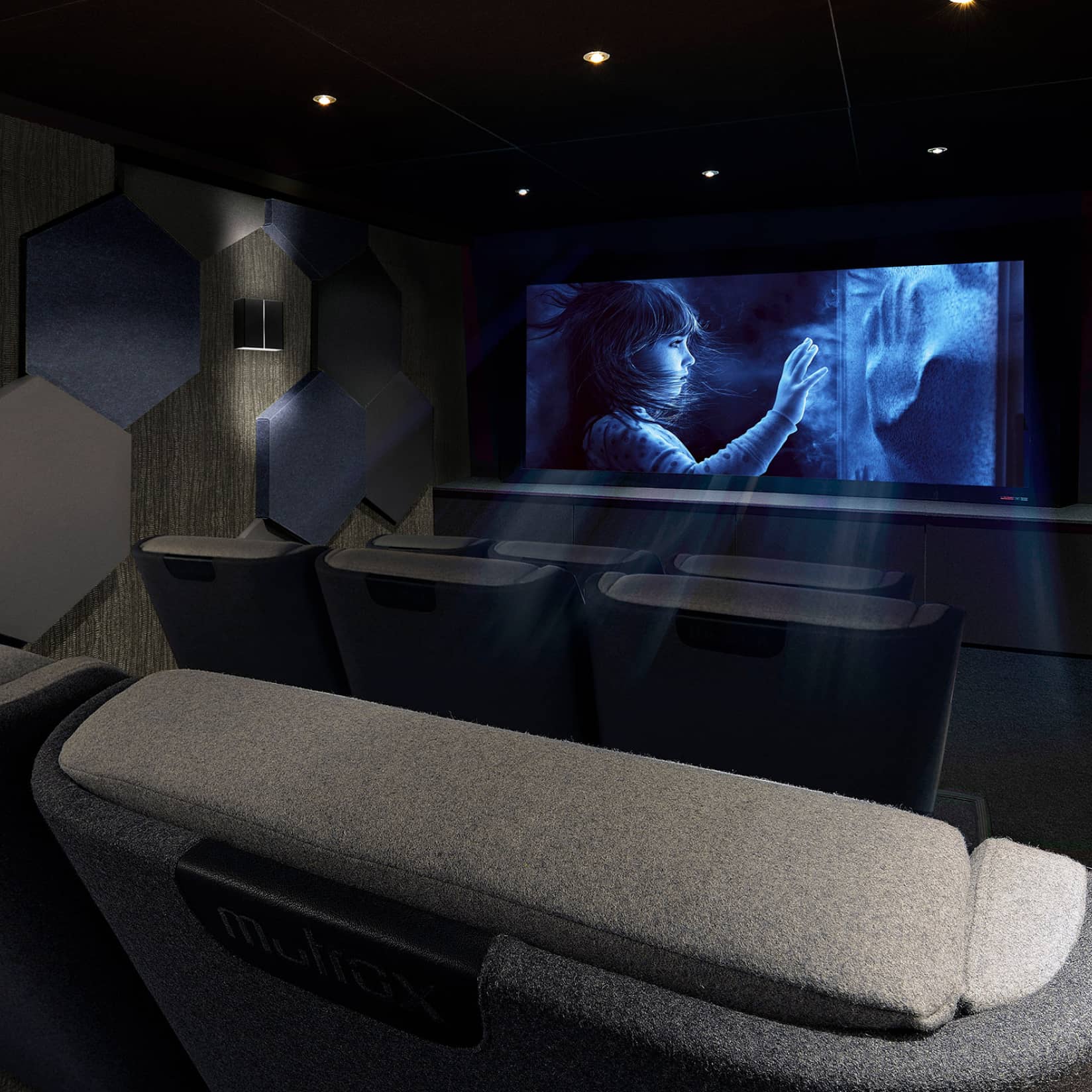
Looking for home theater design and installation services in Hyderabad? We offer luxury customized home cinemas with advanced audio-visual systems, experienced designers, various home theater packages, acoustic treatments, soundproofing, lighting, seating, and more. Contact our home theater builders in Hyderabad for your dream home theater today.

Discover the ultimate home theater and audio experience in Gurgaon. Explore high-end AV products, expert advice, and top brands. Elevate your entertainment.

Discover the ultimate home theater and audio experience in New Delhi. Explore high-end AV products, expert advice, and top brands. Elevate your entertainment.
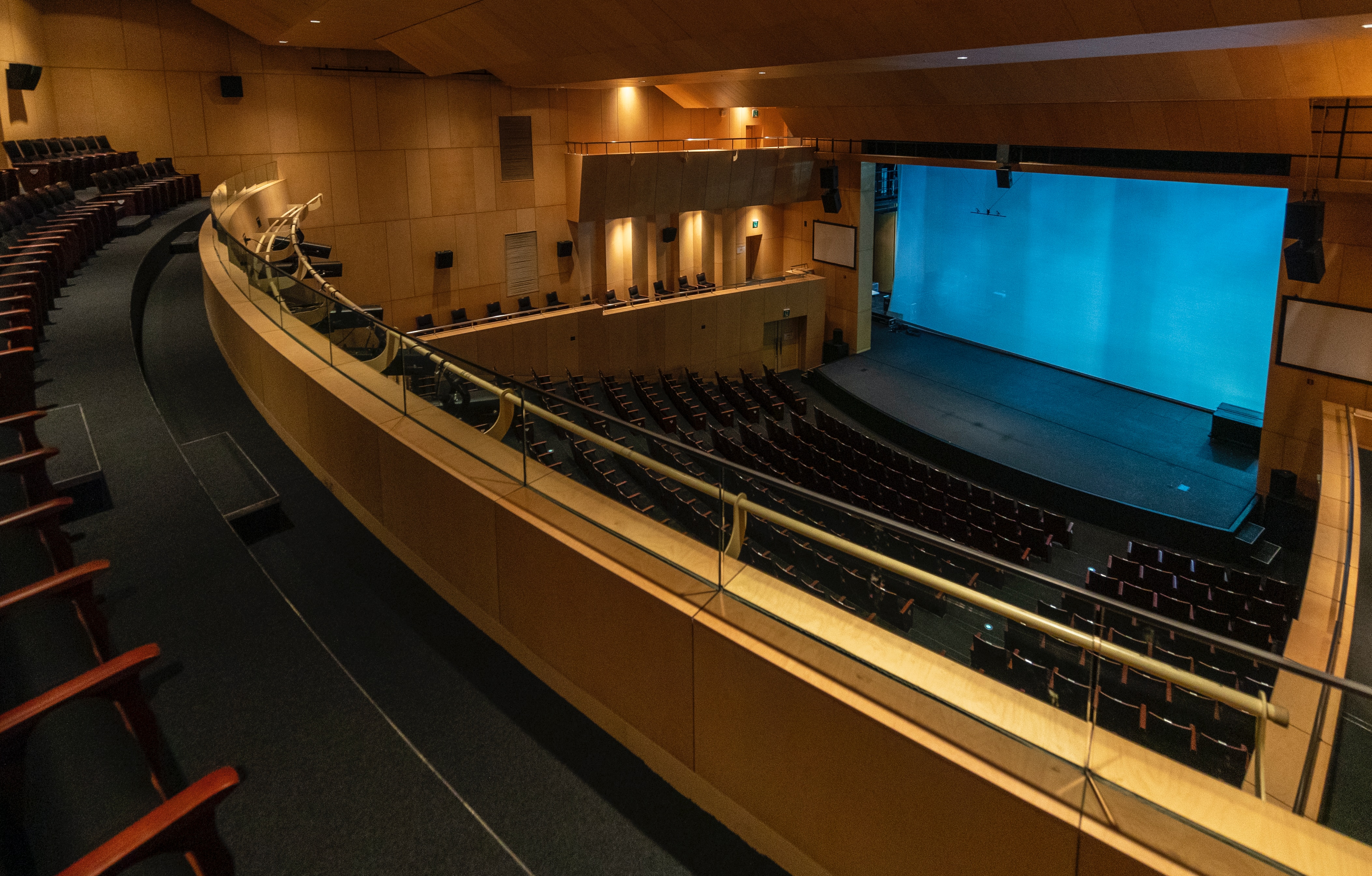
Discover top-notch AV consultation in Goa with UrbanDAC. Expert solutions for bars, clubs, hotels, homes & more. Tailor-made AV solutions and setups.

Discover top-notch AV consultation in Ahmedabad with UrbanDAC. Expert solutions for bars, clubs, hotels, homes & more. Tailor-made AV solutions and setups.

Discover top-notch AV consultation in Gurgaon with UrbanDAC. Expert solutions for bars, clubs, hotels, homes & more. Tailor-made AV solutions and setups.

Discover top-notch AV consultation in Chandigarh with UrbanDAC. Expert solutions for bars, clubs, hotels, homes & more. Tailor-made AV solutions and setups.
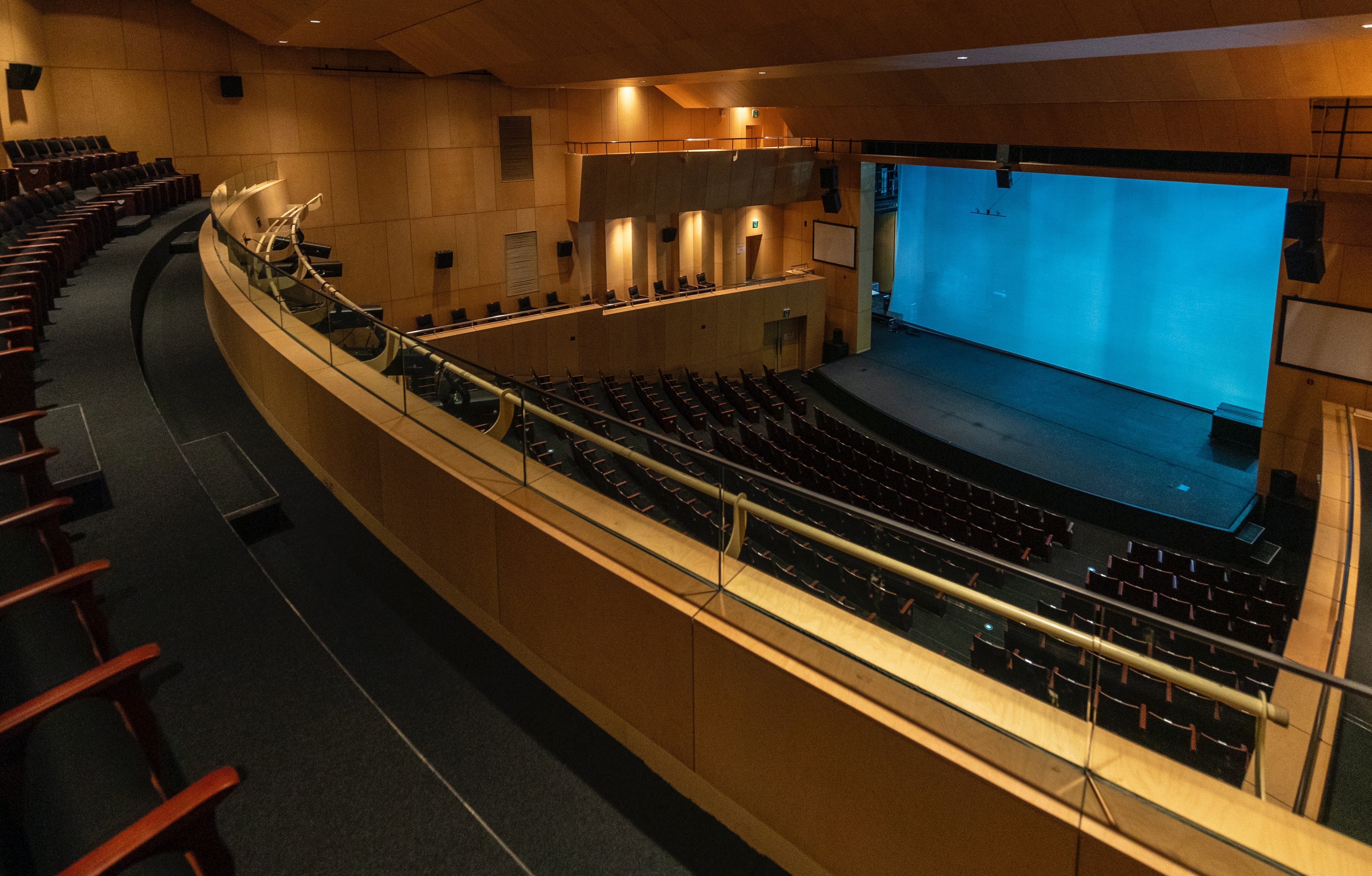
Discover top-notch AV consultation in Chennai with UrbanDAC. Expert solutions for bars, clubs, hotels, homes & more. Tailor-made AV solutions and setups.
About Us
Since 1998, Urbandac has been a trusted name in hi-end audio services. With 25 years of industry experience, partnerships with 50+ hi-end brands, and a satisfied client base of 12,000+ across India, we're committed to excellence. Our services include repair, sales, and exchange of a wide range of products like Marantz, Denon, Bose, and more. We also install home theater systems, AVRs, speakers, and other essentials. On top of that, we specialize in home theater design, stereo setup, automation, acoustics, and AV consultancy. A complete range of hi-end audiovisual services under one roof
Services Links
Useful Links
Our Contacts
1324, 1st Floor Sector 46 Gurgaon
Gurugram 122003
+91 9313235774, +91 9910005128, +91-1243618106
hi@urbandac.in, parasher.s95@gmail.com